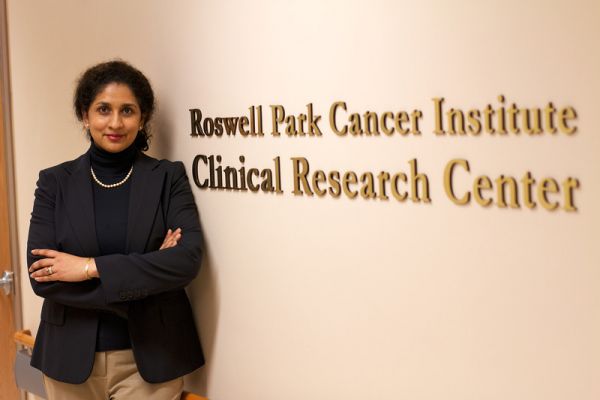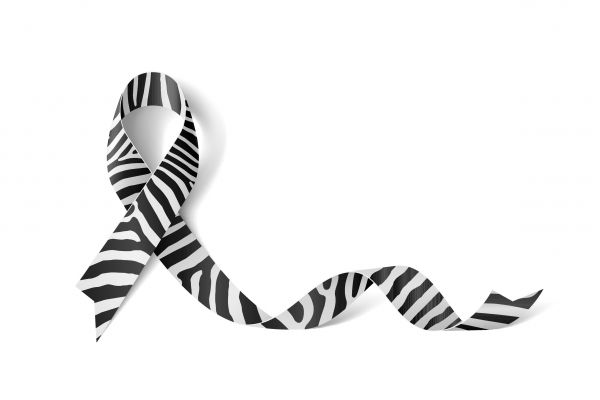Cholangiocarcinoma. It’s a complicated word you may not have heard before, but it’s just another term for bile duct cancer.
While cholangiocarcinoma is a rare disease that affects just two out of 100,000 people, it can have a great impact on a patient’s bodily functions during and after treatment.
Your bile ducts carry bile that helps dissolve and remove toxins and waste from your body. When a patient has cholangiocarcinoma, their bile ducts often become obstructed. Serious infections, including one known as ascending cholangitis, may occur. Any patient with bile duct cancer is at risk for these conditions, but patients who have had a surgical procedure on their bile ducts, or have had a stent or drainage tube placed in their ducts are at much greater risk.
The symptoms of such an infection include a fever, jaundice, pain in their upper abdomen or simply feeling fatigued. It’s important for bile duct cancer patients to know and watch for these signs and symptoms. Getting medical care is urgently needed. A delay in diagnosis could be harmful, and even fatal.
Treatment includes blood tests, a CT scan or ultrasound, intravenous fluids, antibiotics and an evaluation by a specialist who can remove the infected stent or tube and help drain the pus from the bile duct.
Gallbladder and Bile Duct Cancers
Roswell Park offers an entire team of hepatopancreaticobiliary (HPB) experts who care for patients with biliary tract cancers such as gallbladder and bile duct.
Learn MoreBile duct cancer is such a rare disease that many emergency care providers and doctors do not recognize these symptoms to be from a life-threatening infection. Many mistake it to be a symptom of the cancer. Roswell Park has partnered with the national Cholangiocarcinoma Foundation on an important education campaign to help address this issue.
The “Show Us Your Card” campaign encourages biliary cancer patients, or family members of patients, to visit the Cholangiocarcinoma Foundation’s website to complete and download a patient information card. If you are a biliary cancer patient, be proactive with your care: fill out the pertinent information, print the card and carry it with you at all times. If you ever have the symptoms described, seek emergency care and present the personalized card to the medical personnel. The card will allow providers to know about your condition and what treatment you need, and will help facilitate communication between your doctors.
Also, if you have a stent placed in your bile duct, ask your doctor when you should return to have it replaced. Being a well-informed patient is one of the most important things you can do for your health.
Learn more about bile duct cancer, including the care team at Roswell Park. If you have concerns about your risk of bile duct cancer or related conditions, talk to your doctor or contact us today.


